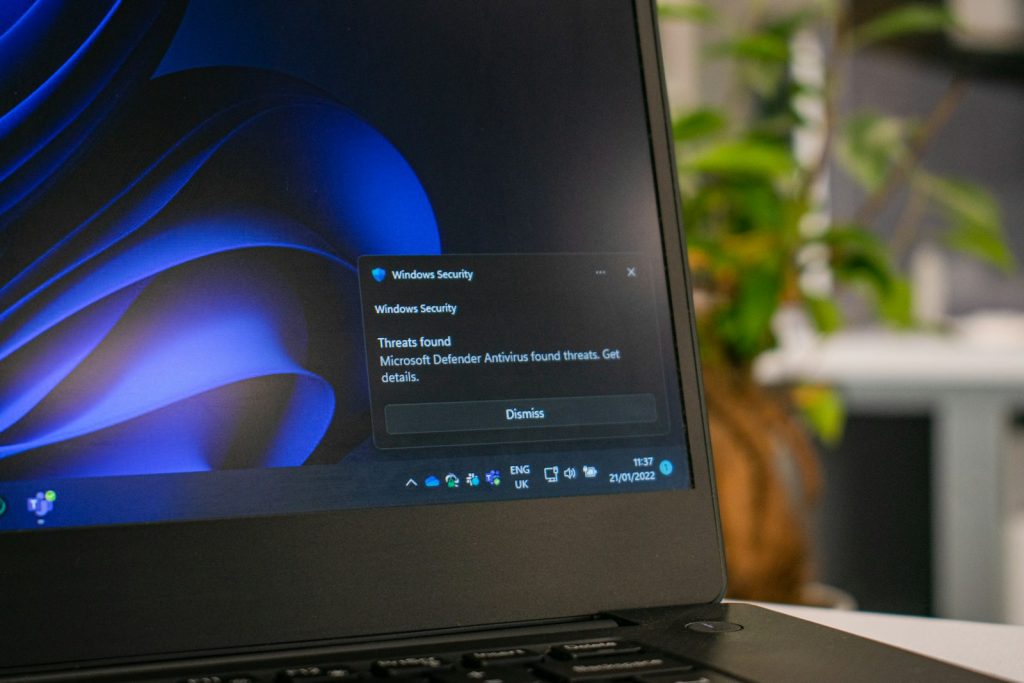
Think you’re compliant? Think again. Discover the common POPIA compliance mistakes South African law firms make—and how to fix them.
You’ve heard about POPIA compliance, maybe even forwarded a checklist to your IT team or skimmed a compliance guide online. But here’s the thing—most law firms only realise they’re not POPIA compliant after something goes wrong.
POPIA compliance is not just about ticking legal boxes. It’s about how your law firm manages, protects, and proves accountability for personal data. And in a profession where client trust is everything, falling short can lead to serious financial and reputational damage.
According to the Information Regulator, law firms are expected to take reasonable steps to protect personal data under POPIA compliance requirements.
So where do South African law firms typically get it wrong? And more importantly—how can you stay on the right side of POPIA compliance?
Mistake 1: “We Use OneDive, So Our Data’s Safe”
OneDrive. Dropbox Google Drive. They’re convenient, yes, but relying on cloud storage alone is not true compliance.
When ransomware hits or someone deletes a file, these platforms sync the damage across all devices. Without proper recovery tools, your firm could lose critical data—and that’s a breach waiting to happen.
How to fix it:
Use a dedicated cloud backup solution that supports POPIA compliance with version control, secure encryption, and reliable recovery options. If something goes wrong, you should be able to roll back to a clean, unaffected state.

Mistake 2: “We Have Antivirus. Our POPIA compliance is Covered.”
Having antivirus is important, but compliance requires more than basic protection. Hackers are smart, and threats evolve constantly. One layer of defence simply isn’t enough.
POPIA expects you to take reasonable steps to protect data. Relying on antivirus alone could put you in breach—especially if a preventable incident occurs.
How to fix it:
Implement a multi-layered security strategy aligned with POPIA compliance:
- Endpoint protection
- Staff awareness training
- Secure access management
- Data encryption
- Incident detection and response systems
This approach shows you’ve done your due diligence.our compliance strategy should evolve as threats evolve.

Mistake 3: “It’s Our IT Provider’s Problem”
Delegating to IT makes sense—but POPIA compliance is your legal responsibility. The Information Regulator won’t accept “I thought my IT guy had it covered” as an excuse.
How to fix it:
Choose IT partners who specialise in POPIA compliance for law firms. Ensure they provide:
- Security audits and documentation
- POPIA-compliant reporting
- Breach response assistance
- Proof of data handling protocols
Demand evidence—not assumptions. You’re legally responsible for what happens to the data your firm collects.mises.
Mistake 4: “We’ve Got a Privacy Policy on Our Website”
Having a privacy policy on your website doesn’t equal full POPIA compliance. That’s just the tip of the iceberg. Without internal systems, policies, and training, your firm is still vulnerable.
How to fix it:
Conduct a full POPIA compliance audit across your law firm:
- Track how personal data is collected, stored, and deleted
- Train your team on lawful processing
- Create consent records
- Implement breach response protocols
- Enforce access control
Make compliance part of your firm’s daily operations—not just a document.
Mistake 5: “We’ll Handle It When Something Happens”
Waiting until after a breach to think about POPIA compliance is like buying insurance after a car accident. Too late. Too costly.
How to fix it:
Prepare a clear cyber incident response plan as part of your compliance framework:
- Assign roles
- Define timelines for reporting
- Outline communication protocols with clients and regulators
- Review the plan regularly
POPIA demands that breaches be reported within a reasonable timeframe—be ready before you’re tested.
Compliance isn’t just a legal checkbox. It’s a commitment to trust, accountability, and resilience. South African law firms must understand that protecting personal data is protecting their brand, their clients, and their credibility.
Avoid these common missteps and start embedding POPIA compliance into the DNA of your law firm.
Need help getting started with compliance? Visit our contact page to start a conversation.
